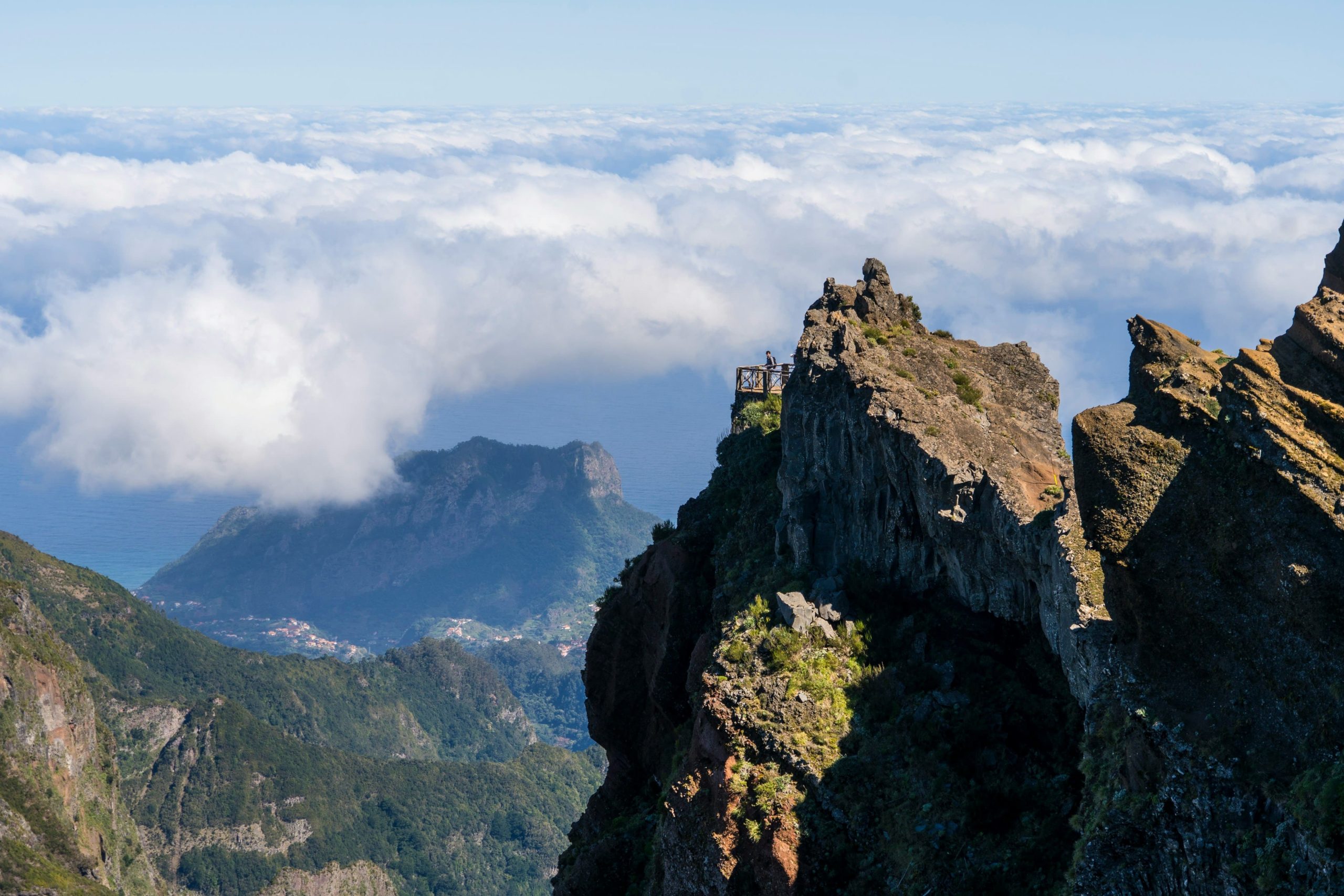As tax advisors in Madeira Corporate Services, clients frequently ask us about the practical, financial, and legal aspects of living in Madeira. While the island is often highlighted for its natural beauty and quality of life, it is equally important to understand the legal framework, tax environment, and cost considerations before making the decision to move.
The Azores are an autonomous region of Portugal, located approximately 1,000 km from the mainland. With a population of around 250,000, the island combines the advantages of an EU jurisdiction with a smaller, more community-oriented environment.
The island benefits from a mild subtropical climate, political stability, and a comparatively low crime rate. However, it is geographically isolated, affecting services.
Advantages and Limitations of Living in Madeira
Advantages
- Legal and Fiscal Stability: As part of Portugal and the European Union, Madeira applies EU law, Portuguese legislation, and international treaties.
- Tax Incentives: Most personal income tax brackets benefit from a reduced tax rate compared to the Portuguese mainland personal income tax system. Companies may also benefit from the Madeira International Business Centre (MIBC) regime, provided substance and operational requirements are met.
- Quality of Life: Low crime rates, good healthcare access, and availability of international schools contribute to a secure environment for families and retirees.
Limitations
- Accessibility: Being an island, goods transportation and international travel are more limited than in mainland Portugal.
- Economic Structure: The economy is primarily service-oriented, heavily relying on tourism. Employment opportunities outside this sector can be limited.
- Costs: While daily expenses are generally lower than in Lisbon, some imported goods tend to be more expensive due to logistics.
Residential Areas
- Funchal: The capital, with the most developed infrastructure, a wide range of services, and proximity to international schools and healthcare.
- Câmara de Lobos: A smaller fishing town near Funchal, offering a quieter environment.
- Machico and Santa Cruz: Areas near the airport are attractive for those requiring frequent travel connections.
The choice of residence often depends on lifestyle preferences, but proximity to professional services and administrative infrastructure is usually decisive for expatriates and entrepreneurs.
Cost of Living and Property Market
As of April 2025, the average property price in Madeira was €3,355 per m², while average rental prices were approximately €15 per m². Funchal is the most expensive market, while Santa Cruz offers comparatively lower housing costs.
Living expenses, including utilities and food, are broadly in line with other Portuguese regions, though imported products can be more costly. Dining and local services remain relatively affordable compared to other European destinations.
Tax Considerations for Individuals and Companies
Portugal’s network of double taxation treaties minimises exposure to double taxation.
Relocation may also qualify individuals for residence permits such as the D7 visa (for passive income earners) or the Digital Nomad visa, both of which can lead to long-term residency and ultimately EU citizenship.
Companies
Businesses licensed under the MIBC regime benefit from a reduced corporate income tax rate of 5%, subject to local substance requirements such as employment creation and operational presence.
Incorporation in Madeira provides access to the EU single market and recognition under Portuguese and European legislation.
Conclusion
Madeira combines lifestyle advantages with a well-defined legal and tax framework. For companies, the MIBC offers opportunities for structuring international operations within a European jurisdiction, provided compliance obligations are met.
Living in Madeira requires careful planning from both a personal and corporate perspective. Professional advice is recommended to address residence, tax, and legal matters correctly before relocation.
The founding of Madeira Corporate Services dates back to 1996. MCS started as a corporate service provider in the Madeira International Business Center and rapidly became a leading management company… Read more




